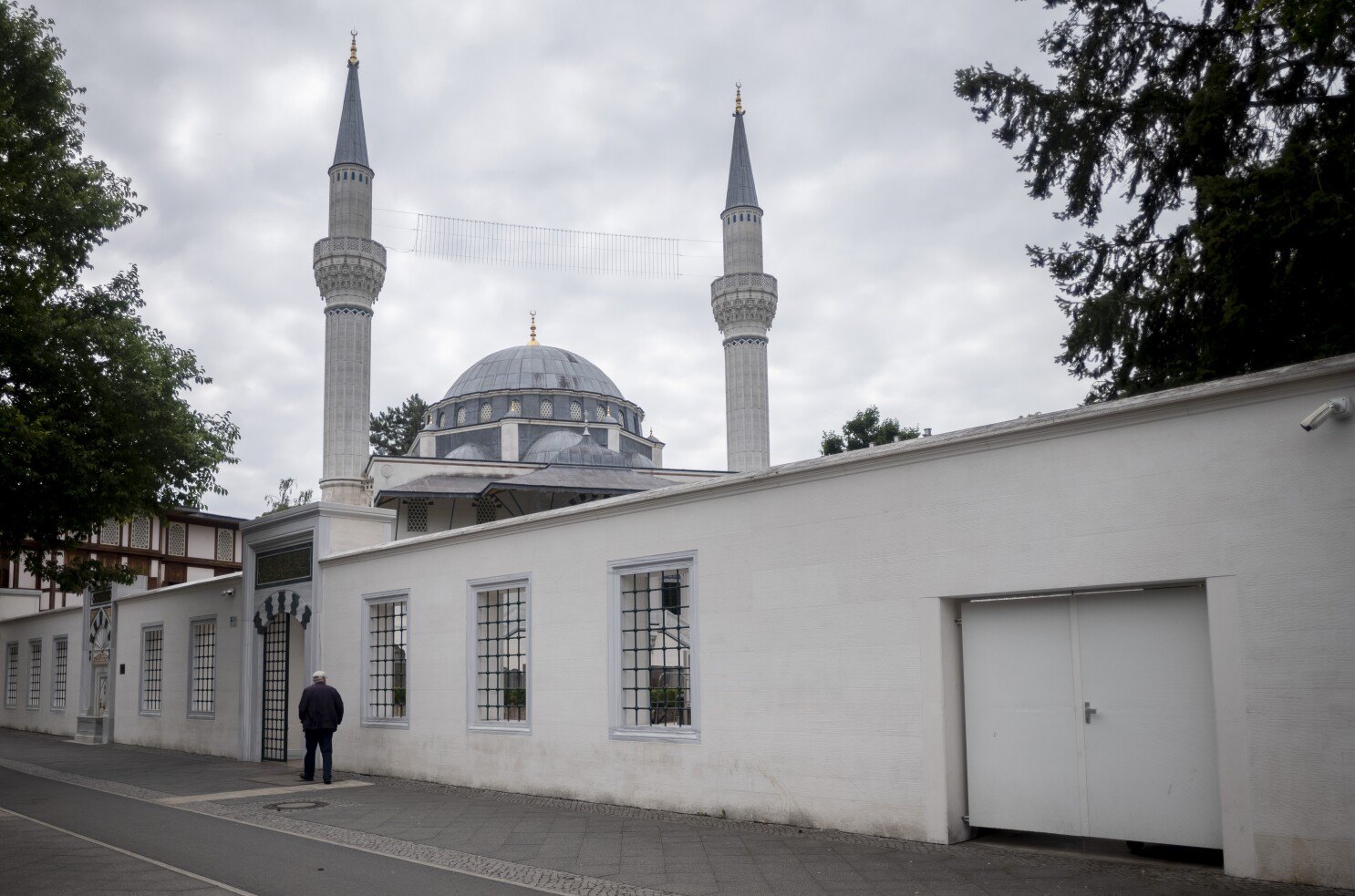Germany
Report Unveils Persistent Structural Racism Faced By Germany’s 5.5 Million Muslims

Report Unveils Persistent Structural Racism Faced By Germany’s Muslims:
Recently published research on racism against Germany’s 5.5 million Muslims shows institutional discrimination is widespread. According to the results, Muslims live with bigotry, hostility, and even violence. The Independent Group of Specialists on Muslim Hostility thoroughly analyzed scientific research, police crime figures, and anti-Muslim occurrences for three years.
The result is stark: one-third of Germany’s Muslims have suffered religious hatred. Only 10% of instances are recorded. Thus, the numbers are likely significantly higher. The report is alarming and requires action. In addition to overt racism, the research reveals German Muslims’ everyday stereotyping from infancy to old age.
Muslims are stereotyped as backward and frightening, which perpetuates exclusion and prejudice. Even though 50% of Muslims have German passports, they are considered “the others.” The research shows how these preconceptions permeate education, employment, and housing.
This prevalent attitude limits individual development and hinders Muslim integration and acceptance in German culture. The study highlights bigotry against Muslims, prompting calls for fast and thorough action. Interior Minister Nancy Faeser admits the painful results and emphasizes expressing widespread dissatisfaction.
Karima Benbrahim, one of the study’s authors, suggests society and institutions work together to overcome Muslim intolerance. The analysis shows this problem is widespread, not only on the extreme right. Kai Hafez of Erfurt University calls for systemic anti-racist measures. As Germany struggles to end Muslim prejudice, reform is needed.
Unveiling Anti-muslim Sentiment In Schools
The investigation shows systematic racism in education, including anti-Muslim attitudes. Quotes from a 2019 political science schoolbook perpetuate stereotypes that Muslims “want to live better than they do at home” while insisting on their identity, including headscarves, mosques, prayers in schools, forced marriages, and women’s oppression.
Muslim pupils are harmed by these discriminatory views, which also divide society. The educational curriculum must address these concerns to create an inclusive learning environment that breaks preconceptions and promotes understanding.
The bulk of Germany’s Muslim community is Turkish, although some are from Morocco or Lebanon, according to the survey. Many first-generation Muslim immigrants came over 60 years ago, boosting the economy.
However, the analysis shows that the first generation, mainly working in coal mining, steel manufacturing, and the car sector, experienced ongoing hardships. The Muslim population’s variety reflects their cultural origins and Muslim immigrants’ historical contributions to Germany. We must acknowledge and embrace this difference to create a more accepting society.
The Role Of Mainstream Society: Beyond The Far-right Fringe
Racism against Muslims is widespread in mainstream German society. The research urges the middle class to face and overcome their prejudices against Muslims. This involves correcting negative preconceptions that cause exclusion and discrimination in schools, police, jobs, housing, media, and politics.
Kai Hafez of the University of Erfurt says systemic anti-racist measures are needed. As Germany digests this research, the government and everyone must aggressively debate and change their views about Muslims.
The paper emphasizes how media and politics shape German public attitudes about Muslims. Negative media and political narratives encourage preconceptions and biases. The research shows that Muslim animosity in these areas affects public opinion and individual experiences.
Media and politicians must be held accountable for creating a more inclusive narrative. Reassessing Muslims’ depiction in these critical spaces might help break down social stereotypes and foster tolerance and understanding.
Read Also: Fans At The World Cup Illuminate Germany’s Racism Towards Former Teammate Mesut Ozil
Moving Beyond Far-right Fringe: Dispelling Myths In The Heart Of Society
The research underscores that prejudice against Muslims is widespread, not only on the extreme right. Kai Hafez of the University of Erfurt urges extremists and middle-class people to abandon stereotypes. Debunking Muslim stereotypes needs a team effort.
Structured anti-racist policies must target these established prejudices from grassroots to institutional levels. True inclusiveness requires acknowledging and eliminating systematic inequality in society. The research highlights prevalent prejudice against Muslims in Germany and underscores the necessity for a joint effort to eliminate Muslim antagonism.
A study author, Karima Benbrahim, emphasizes that Muslim animosity impacts everyone, not just Muslims. Government, education, media, and the public must work together to foster empathy. It’s about changing culture to reject all types of bigotry, not just specific incidences. The appeal for cooperation against Muslim hostility reminds us that systematic racism must be overcome by a unified front devoted to tolerance and inclusion.
Economic Impact And Discrimination: Navigating The Job Sector
The survey shows that Muslims in Germany endure workplace prejudice. Stereotypes and prejudices restrict professional progress by influencing hiring and workplace interactions. Corporate diversity training, inclusive policies, and employer commitment to discrimination-free workplaces are needed to address this problem. Recognizing discrimination’s economic cost is essential to removing obstacles to Germany’s Muslim workforce.
Housing Market Disparities: Unveiling Unequal Access And Treatment
Muslims face housing market discrimination, according to reports. The research shows how bias prevents Muslims from getting accommodation. This prejudice enforces segregation and restricts housing possibilities.
Housing authorities, lawmakers, and the public must work together to end discrimination, promote equality, and make housing available regardless of religion. Muslim hate in law enforcement and judicial institutions is examined in the paper. Police, national, regional, and municipal authorities exhibit prejudice and bigotry.
The report emphasizes the need for institutional changes to assure Muslims’ equitable treatment, impartial policing, and legal protection. Transparency, accountability, and a thorough policy review are needed to eliminate criminal justice system discrimination. According to the research, law enforcement-Muslim trust is essential for public safety and justice.













You must be logged in to post a comment Login